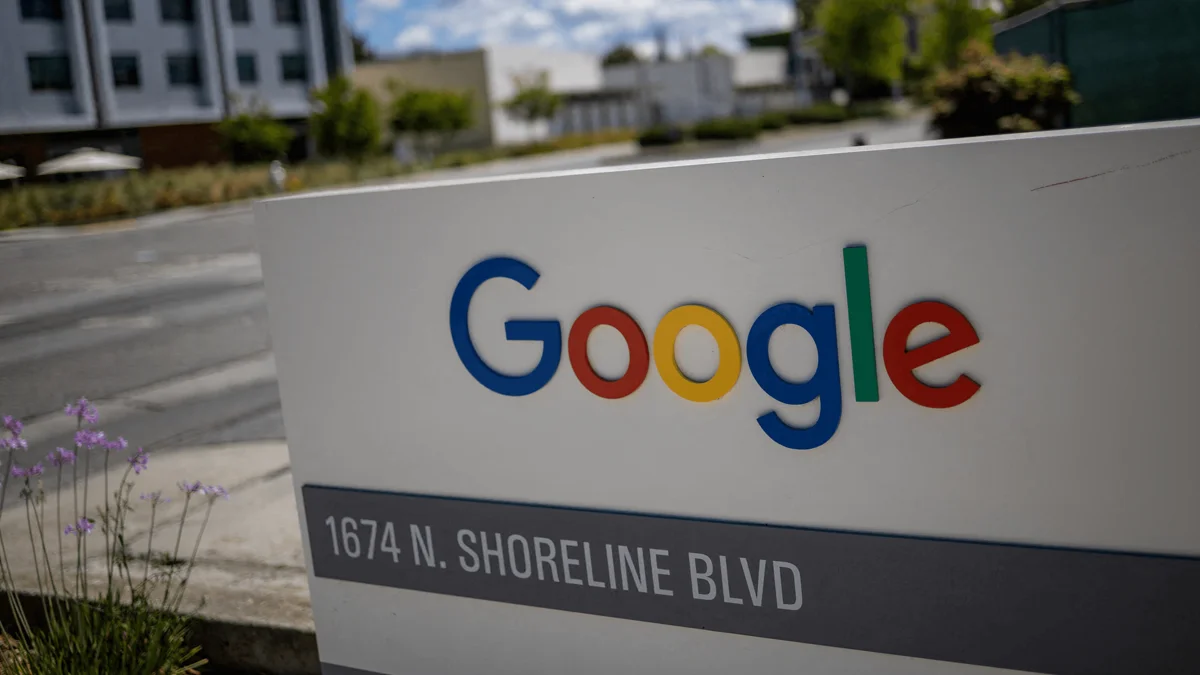Necessary Always Active
Necessary cookies are required to enable the basic features of this site, such as providing secure log-in or adjusting your consent preferences. These cookies do not store any personally identifiable data.
|
||||||
|
||||||
|
||||||
|

Alphabet has increased capital spending to about $85 billion due to high demand for its cloud computing services, Reuters reported. Google’s parent company documented better-than-expected earnings for the second quarter of 2025 and followed up the report with a bold investment plan. The giant surpassed Wall Street expectations for revenue and profit in Q2 because of AI features and stable growth in digital advertising.
CEO Sundar Pichai said in an earnings release, “With this strong and growing demand for our Cloud products and services, we are increasing our investment in capital expenditures.”
Alphabet told investors that its capital expenditure will now hit a record high. Google is on track for a $85 billion capital spend in 2025. This hike in Alphabet’s capital spending highlights its growing focus on AI infrastructure, data centers, and custom chips to power next-gen applications.
Alphabet’s shares had gained over 18% since its last earnings report in April, after which they dipped in the after hours. But it bounced back once executives spoke about strong demand for Alphabet’s cloud services during an analyst call.
Dave Wagner, portfolio manager at Aptus Capital Advisors, said, “I don’t think anyone was expecting a change to that 2025 capex guide. Google had an amazing quarter. It was an easy beat, and it was just offset by this $10-billion increase in capex.”
One of the main reasons behind the boost in Alphabet’s capital spending is rising demand for cloud computing. Google Cloud is seeing more enterprise customers turn to its services for AI training, analytics, and application hosting. The unit posted double-digit growth, helping to offset weaker segments such as YouTube and advertising.
Alphabet’s earnings per share beat expectations, while revenue grew across key units. Ad revenue remained strong, especially in search, while YouTube saw modest growth. The capital plan surprised many analysts, who were expecting Alphabet to slow down on spending amid global economic pressures.
Pichai said on the call that the business segment grew its quarter-over-quarter customer count by 28%. He added, “The comprehensiveness of our AI portfolio, the breadth of our offerings, both providing our models on GPUs and TPUs for our customers, all of that has been really driving demand.”
Analysts at JP Morgan described the capital plan as “aggressive but necessary,” adding that it sets Google apart from rivals who are cautious with AI investments.
Google’s $85 billion capital spend is not just about AI. Alphabet is also investing in building and expanding its data center campuses, acquiring more fiber capacity, and designing advanced chips in-house. This end-to-end control could give it an edge over competitors like Microsoft and Amazon.
By committing to such high levels of investment, Alphabet is signaling that it sees AI and cloud as its next growth engines. The company wants to build the backbone of tomorrow’s digital economy whether that means powering AI models, serving enterprise customers, or enabling faster, smarter search tools.